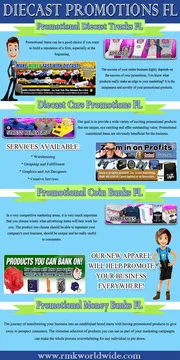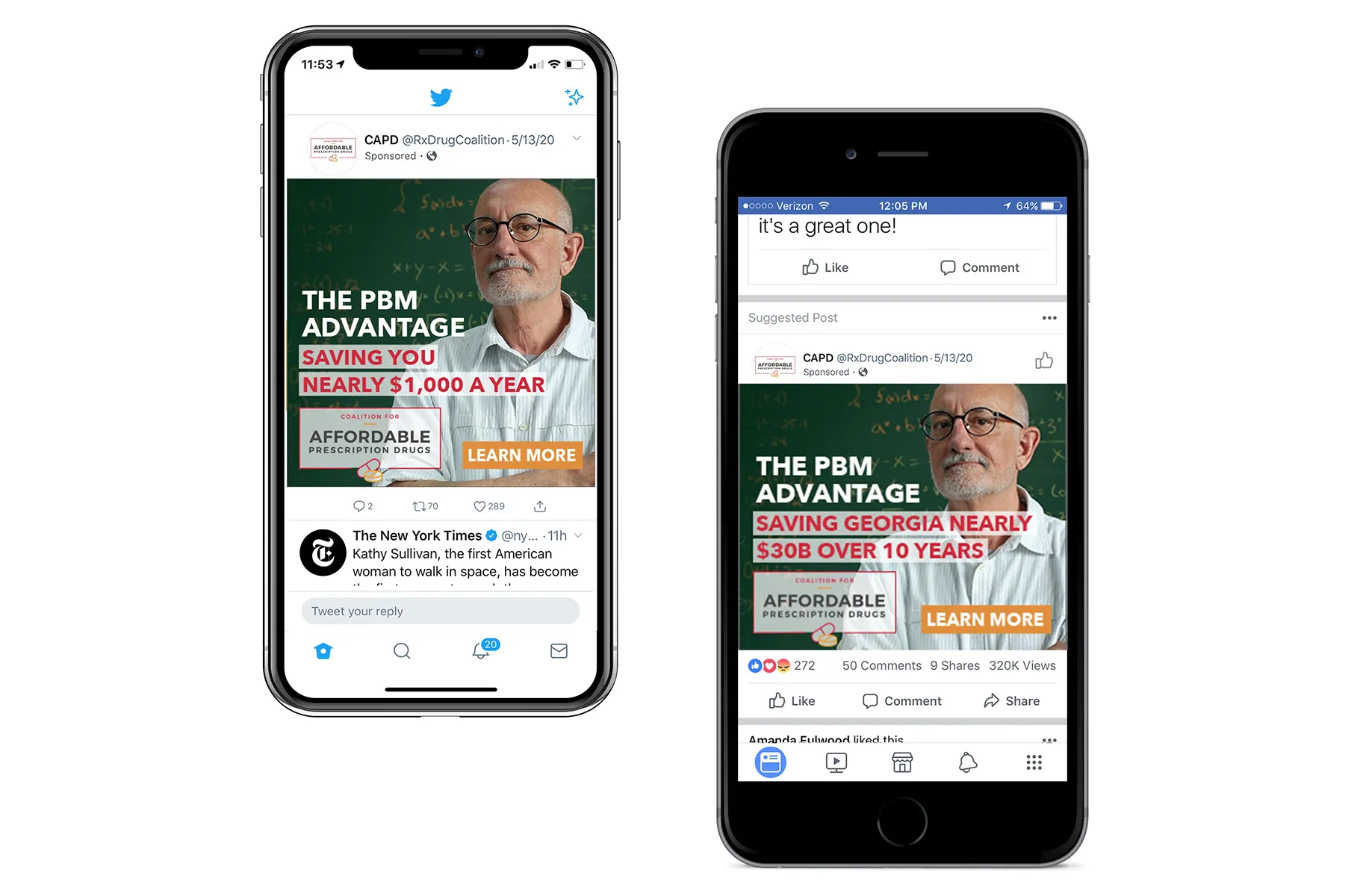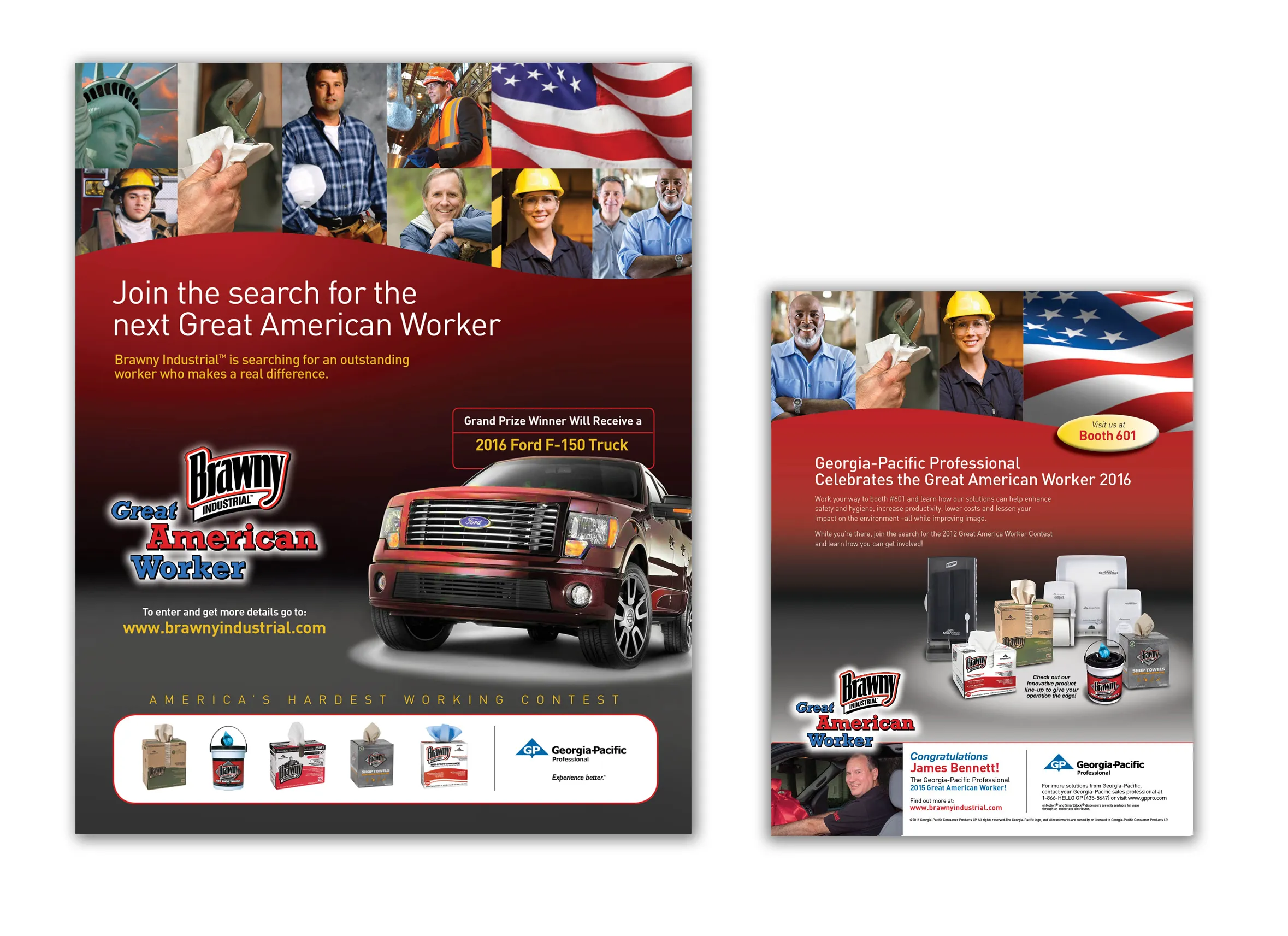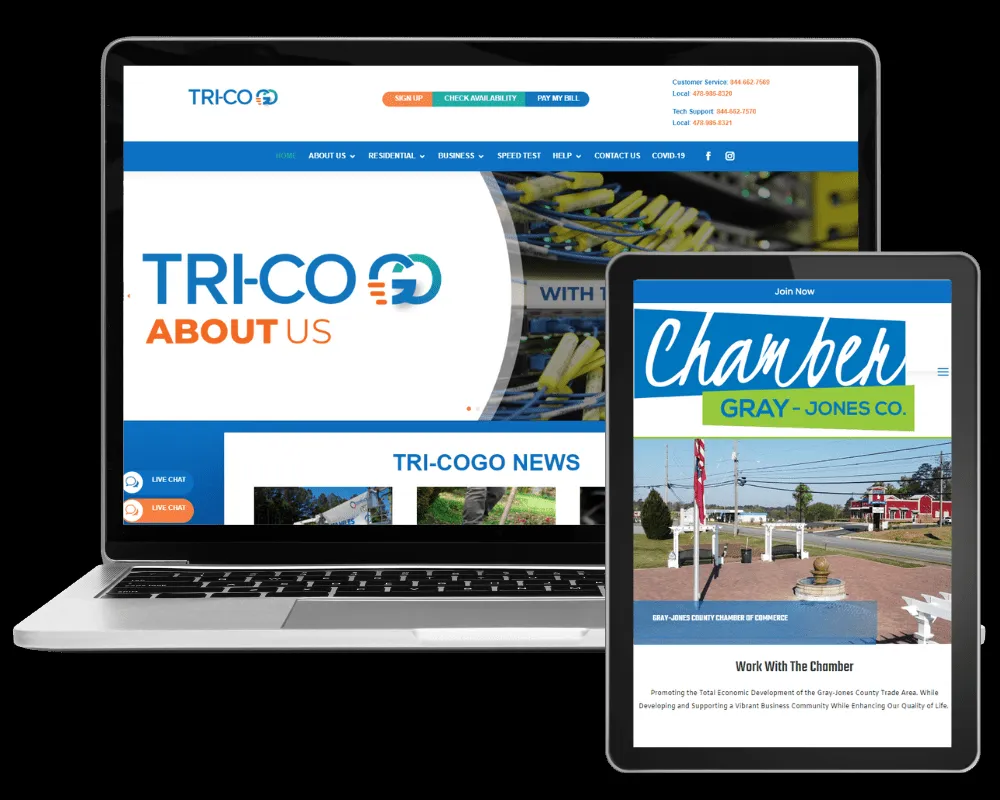What is Georgia Diecast Marketing
Georgia diecast marketing is the strategic process of promoting and selling miniature collectible cars within the state of Georgia. It involves understanding the local market, identifying target audiences, and employing various promotional tactics to increase brand awareness, drive sales, and foster a community of diecast enthusiasts. This specialized form of marketing combines traditional advertising with digital strategies to reach collectors, hobbyists, and gift-givers interested in these detailed miniature replicas. Effective Georgia diecast marketing focuses on creating engaging content, building relationships with potential customers, and leveraging local events and partnerships to build brand loyalty. Success in this niche requires a keen understanding of the diecast market, competitive pricing strategies, and a consistent focus on providing value and building a strong community around the hobby. Furthermore, it’s about creating memorable experiences for collectors to foster a sense of belonging.
Understanding the Diecast Market in Georgia
Understanding the diecast market in Georgia is essential for crafting effective marketing strategies. This involves researching current trends, demand, and the demographics of potential customers. Collectors in Georgia may have varied interests, including specific car makes and models, scales, or historical periods. Knowing these preferences allows businesses to tailor their product offerings and marketing messages to resonate with their audience. Additionally, the local market is influenced by economic conditions, collector events, and the presence of local diecast shops or clubs. Analyzing competitor activities, such as their pricing and promotional strategies, is critical for gaining a competitive advantage. Georgia’s market could also be influenced by tourism, with tourists seeking unique souvenirs, making it crucial to understand their purchasing habits and preferences. A robust understanding of the local diecast market enables businesses to fine-tune their inventory management, marketing campaigns, and customer service to maximize sales and build customer loyalty.
Target Audience Identification

Identifying the target audience is crucial in diecast marketing. The primary audience includes avid collectors who are passionate about specific car brands, eras, or scales. These collectors often have specialized knowledge and are willing to spend significant amounts of money on rare or limited-edition models. Another segment is comprised of hobbyists who enjoy collecting and displaying diecast cars as a leisure activity. This group could include families, individuals, and even younger collectors, focusing on affordability. Then there are gift-givers looking for unique presents for special occasions. This segment may include friends, family, and colleagues who are not necessarily collectors themselves but are looking for a thoughtful gift. Finally, there are investors who view diecast cars as assets, seeking to profit from their increasing value over time. Tailoring marketing messages to each segment requires understanding their individual needs, interests, and purchasing behaviors. Using segmentation and buyer personas can help businesses create focused, effective advertising campaigns, as well as customized product offerings, leading to higher customer satisfaction and sales.
Top 5 Georgia Diecast Promotions
Implementing effective promotions is crucial for driving sales and raising brand awareness in the Georgia diecast market. Here are five promotion strategies businesses can use to attract customers and enhance their market presence. Each promotion targets different segments of the diecast market, ensuring broad appeal. These diverse strategies provide multiple avenues for businesses to connect with their target audience, foster brand loyalty, and drive sales, supporting long-term success. Careful planning, execution, and evaluation are essential to the success of these promotional activities. The ultimate goal is to generate excitement, engagement, and sales within the Georgia diecast community. By combining a mix of online and offline strategies, businesses can create a robust marketing plan designed to appeal to collectors and enthusiasts across the state.
Promotion 1 Showcase Events
Showcase events are a great way to attract customers, especially in Georgia. Organize or participate in local car shows, swap meets, and collector conventions. Setting up a booth to display diecast models allows potential customers to see the products up close and in person. Offer special deals, such as event-exclusive discounts or limited-edition releases, to create a sense of urgency and excitement. Consider partnering with local car clubs or businesses to co-host events, expanding the reach and appeal. These events will help establish brand visibility, attract the local community, and create a memorable experience, increasing the chance of sales.
Planning and Execution

Planning and execution are key to successful showcase events. Begin by researching and selecting suitable events that align with the target audience. Secure a prime booth location and prepare an attractive display showcasing your products. Train staff to be knowledgeable about the products and ready to engage with attendees. Offer interactive elements such as quizzes, contests, and giveaways to increase engagement. Plan for logistical details like transportation, setup, and tear-down, ensuring everything runs smoothly. Advertise the event in advance through various channels, including social media, local media, and email marketing. Follow up with attendees after the event to nurture leads and encourage sales, fostering long-term customer relationships and generating more traffic to your business.
Promotion 2 Online Auctions
Online auctions are an excellent way to reach a wider audience. Partnering with popular platforms like eBay or specialized diecast auction sites can help to get your products in front of a vast audience. Auctioning rare or limited-edition models can generate excitement and higher bids. Provide detailed product descriptions and high-quality photos to increase the appeal of the listings. Running auctions regularly can maintain ongoing interest and draw in both new and returning customers. Offering combined shipping and other incentives can encourage bidding. Online auctions provide a convenient and accessible way for enthusiasts to purchase diecast models, increasing sales and brand recognition.
Selecting Auction Platforms
Choosing the right auction platforms is vital. Research different platforms to understand their audience demographics, fees, and features. Consider the platform’s reputation and security to ensure a safe and reliable experience for both buyers and sellers. Evaluate the platform’s promotional tools and the level of support it provides. Focus on platforms popular with diecast collectors and offering a user-friendly interface and secure payment options. Compare the listing fees, commission rates, and additional services to determine the most cost-effective option. Select the platform based on factors such as audience reach, ease of use, and cost to maximize exposure and sales. Ultimately, choosing a platform with a strong reputation, a broad audience, and competitive fees enhances your chances of running a successful online auction.
Tips for Successful Auctions

To have a successful online auction, start by providing detailed product descriptions that include the model’s make, scale, condition, and any unique features. Include multiple high-quality photos from different angles to show the product in its best light. Set a competitive starting price and consider using a reserve price to protect the value of the item. Promote the auction through social media, email newsletters, and other marketing channels to drive bids. Provide excellent customer service, answering questions promptly and addressing concerns effectively. Offer flexible payment and shipping options to encourage participation. Manage the auction diligently, monitoring bids, and responding to inquiries. After the auction, handle the transaction efficiently and provide prompt and professional service to ensure a positive experience. Following these tips will boost engagement and increase the likelihood of sales, building a positive brand reputation and fostering customer loyalty.
Promotion 3 Social Media Contests
Social media contests are great for driving engagement and expanding reach. Host contests on platforms like Facebook and Instagram, encouraging users to participate by liking, sharing, and commenting on posts. Offer prizes such as diecast models, gift cards, or exclusive merchandise. Use relevant hashtags to increase visibility and reach new audiences. Promote the contest across all your social media channels and through email marketing. Consider running different types of contests, such as photo contests, trivia quizzes, or caption contests. Regularly engage with contest participants, responding to comments and acknowledging winners promptly. Social media contests provide a cost-effective method to build brand awareness, generate leads, and boost engagement, which ultimately increases sales and brand recognition in the Georgia diecast market.
Creating Engaging Content
Creating engaging content is key to successful social media contests. Focus on producing high-quality photos and videos that showcase diecast models in visually appealing ways. Use compelling storytelling techniques to make the contests exciting and relatable to your target audience. Develop contests with clear, easy-to-understand rules that encourage participation. Include a call to action in each post, prompting users to like, share, and comment. Design contests around specific themes or events to generate interest, such as holidays, automotive events, or special releases. Collaborate with influencers or other businesses in the diecast community to expand reach and increase contest participation. Regularly monitor and analyze contest performance to optimize future content and maximize engagement, ensuring each contest is both enjoyable and beneficial for the brand.
Contest Rules and Regulations

Clearly define contest rules and regulations to ensure fairness and legal compliance. Specify eligibility criteria, such as age restrictions or geographic limitations. Outline the entry requirements, specifying how users can participate, such as by liking, sharing, or commenting on posts. Set a clear deadline for entries and specify how winners will be selected. Include a disclaimer to protect your business from liability, specifying that the contest is not affiliated with or endorsed by the social media platform. State how personal data will be used and comply with privacy regulations. Publish the rules and regulations prominently, making them easily accessible to all participants. Clearly communicate the prize details and how winners will be notified. Following these guidelines will ensure transparency and protect the integrity of the contests, creating a positive experience for both participants and the business.
Promotion 4 Local Partnerships
Establishing local partnerships can significantly enhance visibility and sales. Collaborate with local businesses, such as hobby shops, car dealerships, and automotive service centers, to cross-promote products and services. Offer joint promotions, discounts, or events to reach a wider audience. Sponsor local car clubs or events to gain exposure and build brand recognition. Partner with local media outlets, such as radio stations or magazines, to advertise diecast models. Participating in community events and supporting local causes can enhance your brand image and build relationships with potential customers. Local partnerships increase the reach of your marketing efforts and create a sense of community engagement, increasing sales and brand loyalty within the Georgia diecast market.
Collaborating with Businesses
Collaborating with businesses can lead to successful partnerships. Identify businesses whose products or services complement diecast models, such as hobby shops, auto parts stores, and memorabilia retailers. Approach potential partners with a clear proposal outlining the benefits of collaboration, such as increased exposure, cross-promotion, and shared marketing costs. Establish mutually beneficial agreements that align with each partner’s marketing goals, specifying the terms of the partnership and the roles of each party. Consider offering joint promotions, such as discounts on both products, or co-hosting events to reach a shared target audience. Coordinate marketing efforts, including social media campaigns, email marketing, and in-store promotions. Regularly evaluate the partnership’s effectiveness, adjusting strategies as needed to optimize results and ensure mutual success, fostering long-term relationships that can enhance sales and brand visibility.
Cross-Promotional Opportunities

Identify cross-promotional opportunities with local businesses to expand your reach. Consider joint promotions that offer discounts or bundled products, such as offering a discount on diecast models with the purchase of car detailing services. Collaborate on events, such as car shows, to reach enthusiasts from both businesses. Sponsor local automotive events, such as classic car rallies or racing events, to increase brand visibility. Feature partner businesses in your marketing materials, such as on your website or in your email newsletters. Offer exclusive deals to customers of your partners, incentivizing them to try your products. Promote each other’s products and services through social media, website features, and in-store displays. Cross-promotions provide a cost-effective method to reach new customers, increase sales, and strengthen relationships with local businesses.
Promotion 5 Email Marketing Campaigns
Email marketing is a powerful way to reach and engage with potential customers. Build an email list by offering incentives such as exclusive discounts or early access to new products. Segment your email list to target specific interests, ensuring the content is relevant to each recipient. Send regular newsletters featuring new arrivals, special offers, and event announcements. Create compelling email content, including high-quality images, detailed product descriptions, and engaging storytelling. Use a professional email marketing platform to design and manage your campaigns, ensuring emails are mobile-friendly and easy to read. Track the performance of your email campaigns, monitoring open rates, click-through rates, and conversions to understand what works best. Effective email marketing will nurture leads, promote brand loyalty, and drive sales, supporting long-term growth in the Georgia diecast market.
Building an Email List
Building an email list is the first step in an effective email marketing strategy. Offer valuable incentives, such as exclusive discounts, early access to new products, or free shipping, in exchange for email sign-ups. Include sign-up forms on your website, social media pages, and at in-person events. Make it easy for potential customers to subscribe, ensuring the sign-up process is clear and straightforward. Provide clear and concise messaging about what subscribers can expect, such as newsletters, product updates, and exclusive offers. Segment the list based on interests, purchase history, or demographics to personalize email content. Regularly clean and update your email list to ensure deliverability and maintain a high-quality audience. Building a robust email list provides a direct channel to communicate with potential customers, increasing engagement and driving sales.
Crafting Effective Email Content

Crafting effective email content is critical for driving engagement and conversions. Create compelling subject lines that capture attention and encourage recipients to open the email. Use a consistent brand voice and style to maintain brand recognition. Include high-quality images of your diecast models, showcasing them from multiple angles. Provide detailed product descriptions, highlighting unique features and specifications. Include a clear call to action, such as a link to your online store or a special offer. Segment your email list and tailor content to specific interests or demographics. Test different email templates, subject lines, and content formats to optimize performance. Regularly analyze email metrics, such as open rates, click-through rates, and conversion rates, to refine your strategy and improve results, ensuring each email campaign generates maximum value.
Measuring the Results
Measuring the results of your marketing efforts is crucial for understanding what works and what needs improvement. Track key metrics such as website traffic, social media engagement, and sales conversions to evaluate the effectiveness of different marketing strategies. Use analytics tools to monitor website performance, including page views, bounce rates, and time spent on the site. Monitor social media metrics, such as likes, shares, comments, and follower growth. Analyze sales data, including revenue, customer acquisition cost, and return on investment (ROI), to assess the profitability of your campaigns. Regularly review and analyze the data, making adjustments to your marketing strategies based on the insights gained. By carefully measuring and evaluating the results of your marketing efforts, you can optimize your campaigns, improve your ROI, and drive sustainable growth in the Georgia diecast market.
Tracking and Analytics
Tracking and analytics are essential for measuring the effectiveness of marketing campaigns. Implement website analytics tools, such as Google Analytics, to monitor website traffic, user behavior, and conversions. Use social media analytics tools to track engagement metrics, such as likes, shares, comments, and follower growth. Track email marketing metrics, such as open rates, click-through rates, and conversions. Set up conversion tracking to measure the impact of your marketing efforts on sales. Use UTM parameters to track the performance of individual marketing campaigns. Regularly review and analyze the data to gain insights into customer behavior and campaign effectiveness. By implementing robust tracking and analytics, you can monitor progress, identify areas for improvement, and make data-driven decisions that maximize the ROI of your marketing investments.
Key Performance Indicators (KPIs)

Key Performance Indicators (KPIs) are essential for measuring the success of your marketing efforts. Identify the most important KPIs for your Georgia diecast marketing campaigns, such as website traffic, social media engagement, email open rates, and sales conversions. Set specific, measurable, achievable, relevant, and time-bound (SMART) goals for each KPI. Regularly track and monitor your KPIs to understand progress and identify areas for improvement. Analyze trends and patterns in your data to make data-driven decisions. Use your KPIs to evaluate the overall effectiveness of your marketing strategies. Regularly review and update your KPIs to ensure they align with your business goals. By focusing on key performance indicators and tracking progress, you can gain a clear understanding of your marketing performance, optimizing strategies and driving success.
